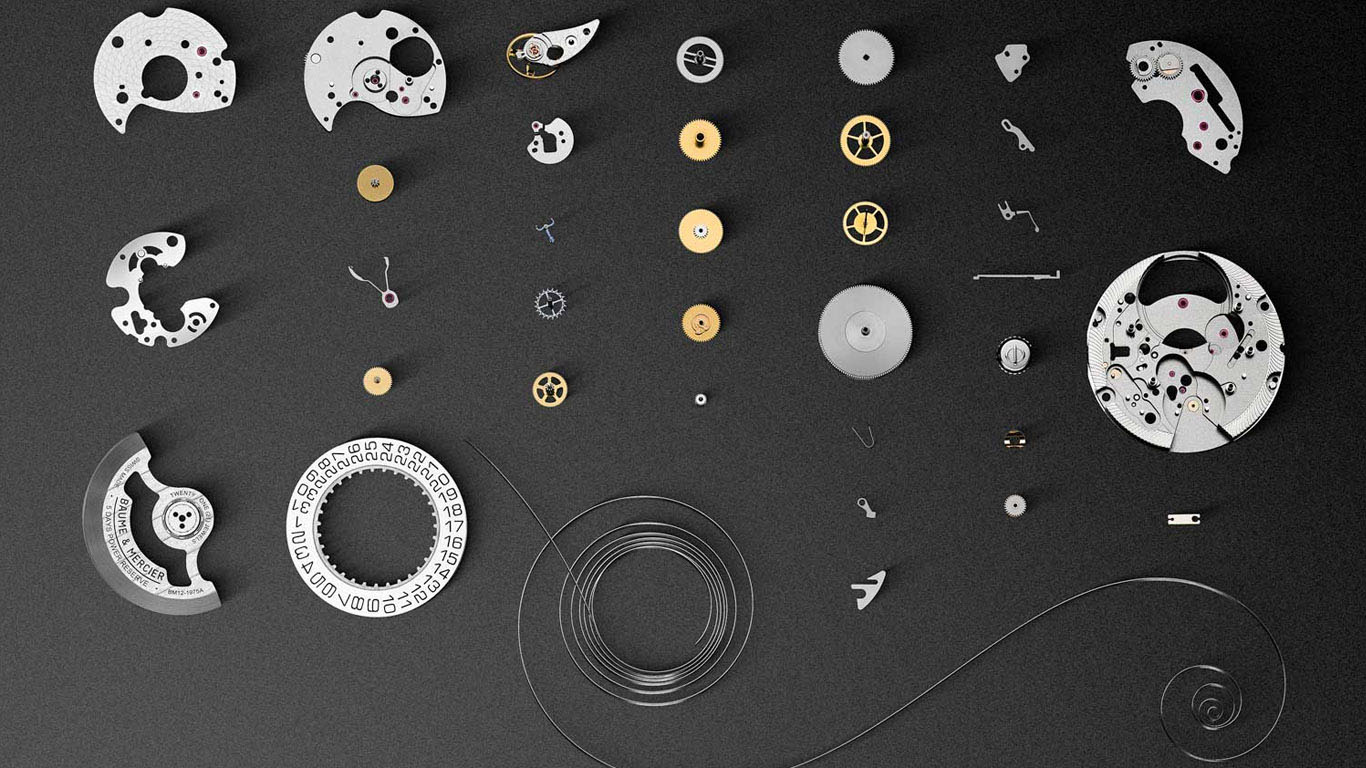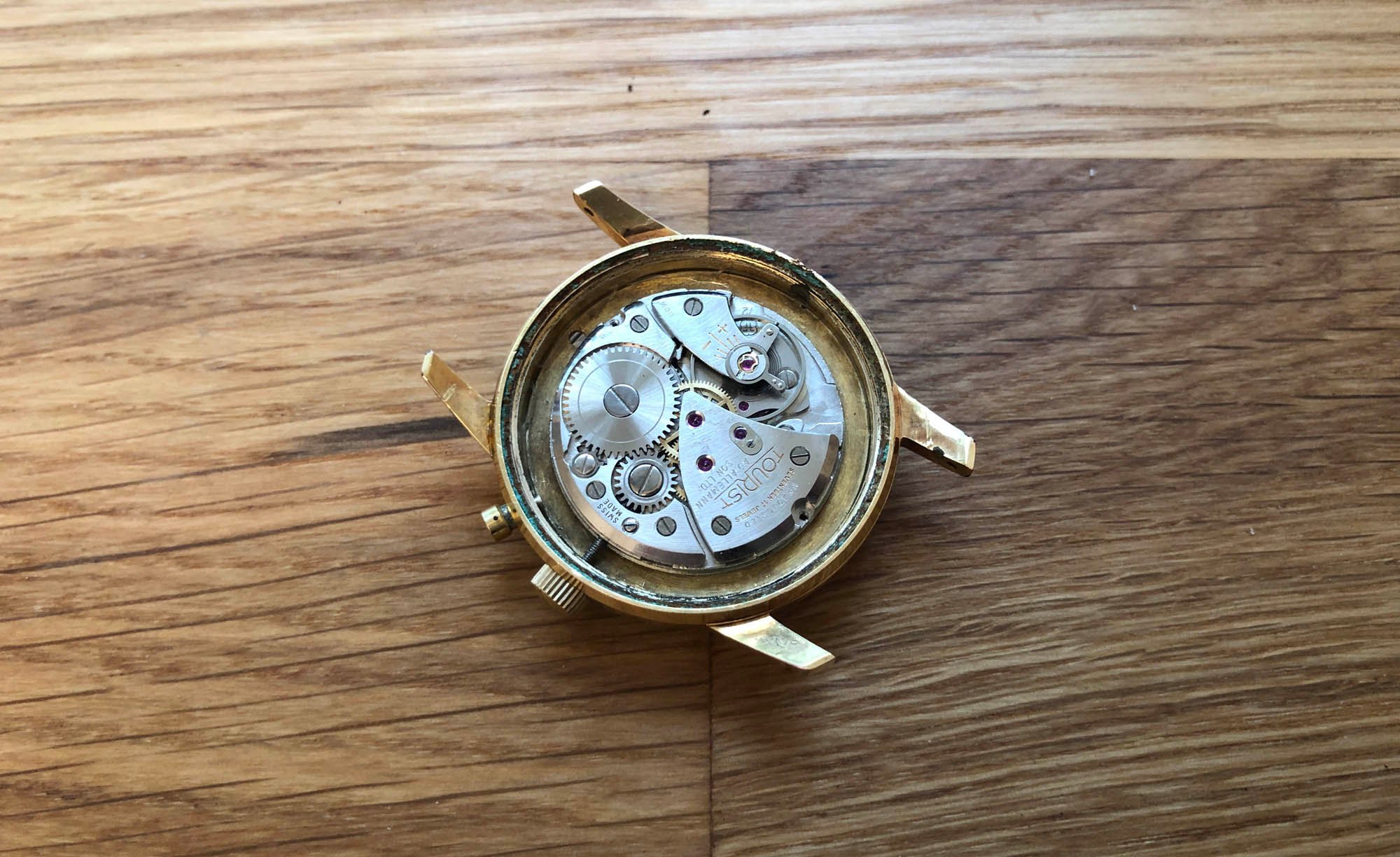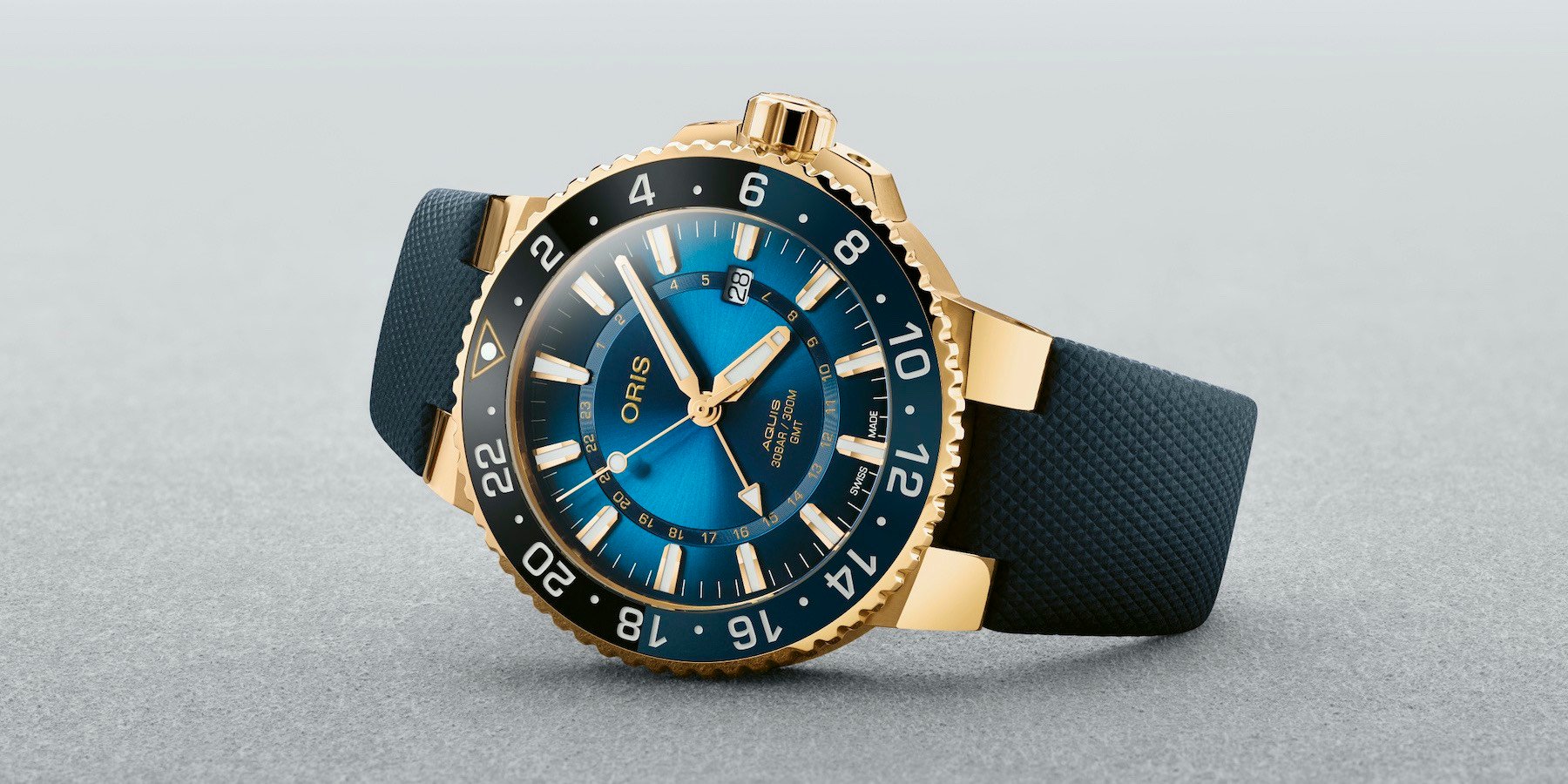You Asked Us: Can Watches Be Recycled?
Believe it or not, this one has hit our inbox on several occasions. With more and more people tuning-in to the challenges facing our environment today (and the potential cataclysm awaiting humanity in the not-so-distant future) it is perhaps unsurprising. Sustainability is key. The responsible disposal of waste has never been more important to so many people. Reducing consumption by reusing old products is a proactive hobby sweeping the globe. And so that’s probably why you asked us, “Can watches be recycled?”
Well, the simple answer is yes, they could be. Pretty much every watch component is either recyclable or “upcyclable” in some way. It is not that common for watches to be recycled, however, as the majority of the components, once worn out, do not have much residual value. This is different when it comes to gold or, in the case of some very old watches, diamonds used instead of synthetic jewels, but the amounts in question don’t often amount to much.
“Up” instead of “re”
These days, the practice of upcycling old watches and their components is far more common. We’ve already seen countless creative makers on Etsy and similar crafty sites upcycling old, worn-out movements to make jewelry. I even did it myself for a friend who showed an interest in the aesthetics of a movement. You can buy bags and bags of old manual-wind movements for a few Euros on eBay. If you’re into watches but no one in your surrounding circle is, or you’re looking to give your kids a creative weekend task, this might be a cool way to pique their interest…
Another use for old watch components is to have them set in resin. Some companies have done this with stunning results, creating eye-catching sculptures for the home or office. You can actually have a go at doing this yourself if you’re feeling creative. My friend (a watchmaker) bought a home resin kit a few years ago and filled the mold (a simple sphere) full of all the parts we’d made at the British School of Watchmaking as part of our course. It was as cathartic as it was thrilling to see all those hours encapsulated in resin.
Turn the question on its head…
But honestly, I’m not sure if that is what this question is really driving at. I think, at their core, people that might want to know the answer to this question are really asking: Does the watchmaking industry insist upon responsible and sustainable manufacturing processes? And, if not, how could this change in the future?
Shockingly, the answer (if we look at the industry globally) does not paint watchmaking in a favorable light. In fact, environmentally irresponsible practices are deliberately employed by many low-end manufacturers to keep the running costs of their factories down. If you’ve ever wondered why the “Swiss Made” or “German Made” labels carry such weight, it has at least something to do with the strict controls placed on these industries’ manufacturing processes.
Watchmaking creates a huge amount of waste. Metal swarf, used oil, tons upon tons of packaging and transportation material adds up. If you don’t get rid of it responsibly, the environment would surely suffer. But responsible disposable (or reuse) of this stuff is expensive. The European and top Asian companies make sure they adhere to governmental advice when it comes to reducing their footprint on the environment, but many low-end manufacturers do not.
Less is not always more
So the next time someone turns their nose up at your interest in luxury watches and proudly proclaims their watch cost ten or 20 Euros, calmly ask them why they think that is. Ask them how they think it is possible that something created on the other side of the world has ended up on their wrist for the cost of a family bucket of KFC. You might also want to tell them that a lot of these high-volume/impact companies care so little about the environment that rather than bothering to dispose of the oil used during CNC machining at all, the simply funnel it out the side of the building. When this man-made lake of waste becomes too large, they are more likely to relocate the factory than fix the problem. That, apparently, is economical…
Positive steps
But there are some companies taking more mindful approaches to watch creation. Companies like Oris have a strong track record of investing a lot of their profit into charitable pursuits aimed at cleaning up the environment. New company Gyre, which we covered here on Fratello during its successful Kickstarter campaign, actually creates watches from waste material. So rather than watches themselves needing to be recyclable, they could be made from recycled materials to begin with!
More must be done. That’s obvious. It isn’t to say that many, many luxury watch companies are doing their bit for the environment (they are). But more always needs to be done. In these societally tumultuous times, I’ve heard a lot of people using relativity justifications for the state of things. “Oh, well, we don’t need to improve, because we’re doing better than XYZ.” This is nonsense. Just because one part of the industry is genuinely atrocious and perpetuating active assault on the environment, doesn’t mean the higher-end should just sit back and do nothing.
Luckily, bigger companies with massive, global profiles are taking note. There will be some pushback in the immediate future as more and more companies try and integrate sustainable practices and recycled materials in their businesses and wares, but as those practices and recycled materials are refined, acceptance will come. We live in interesting times.




